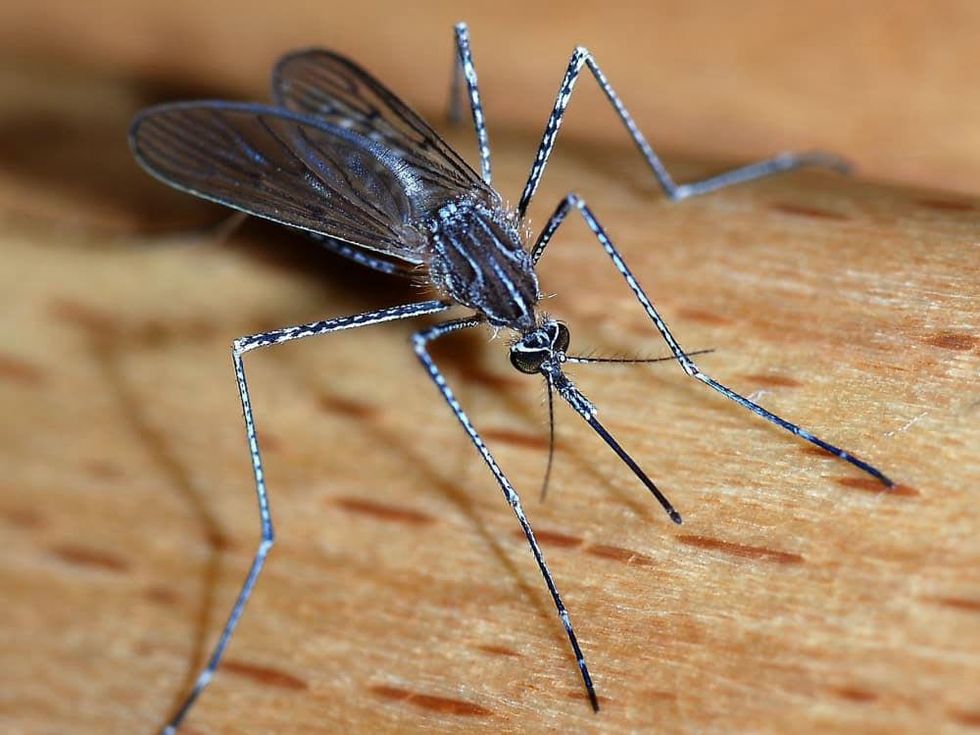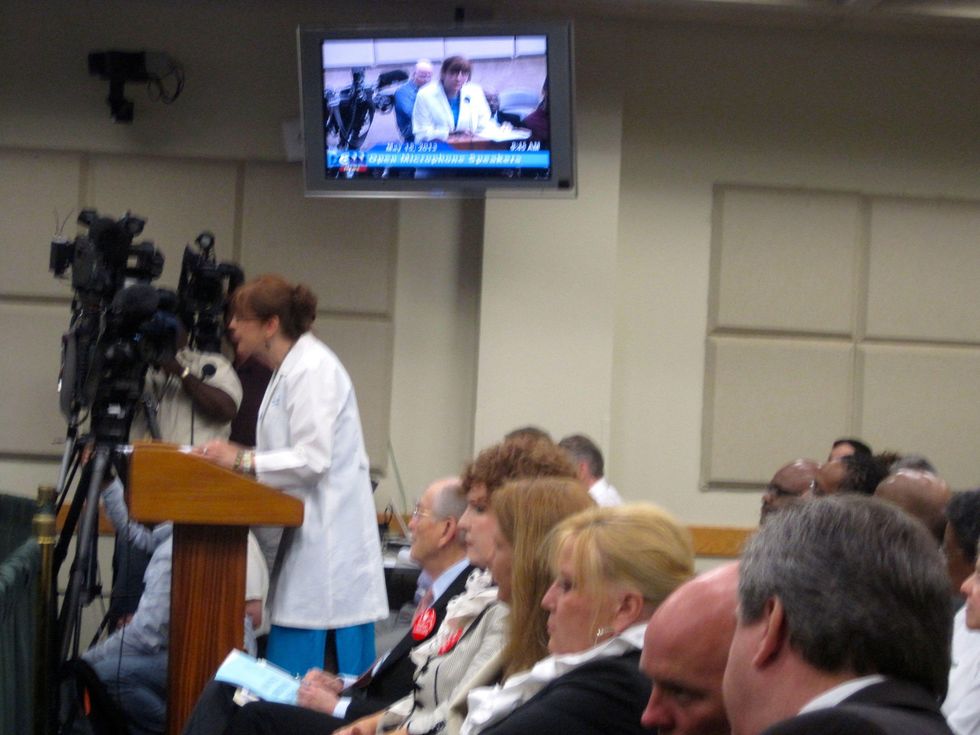Not In My Backyard
West Nile aerial spraying bugs Dallas doctors
Summer — and all the sweat, bugs and sun that come with it — will soon be upon us. And if the City of Dallas has its way, so will aerial mosquito spraying.
According to the Center for Disease Control, Dallas County had the highest number of people infected with West Nile in the country in 2012. There were 371 infections and 19 deaths.
Dallas has combated West Nile through this method in the past, but only after an emergency has been declared. The latest contract with Dynamic Aviation Group allows for periodic aerial spraying without a mosquito emergency.
In 2012, Dallas County had the highest number of people infected with West Nile in the country.
This news doesn't sit well with Dr. Margaret Christensen, a Dallas resident and obstetrician. Christensen addressed the City Council on May 15 with her concerns about the effects of pesticides.
"We are all concerned about West Nile virus and its potential health consequences," Christensen said. "But are we asking the right medical questions about how to decrease its impact?"
West Nile usually surfaces in Texas in May and can last until November. Proponents of aerial spraying say the practice is necessary to combat the bug-born illness and reduce its risk of infecting humans. The CDC has said the relatively low rate of exposure is not harmful.
But Christensen credited widespread pesticide exposure for "genetic roulette" resulting in rising cases of childhood cancer, leukemia, asthma and autism, as well as birth defects and infertility.
"Low doses do matter for short-term and long-term effects," she said.
Dr. Larry Boyd, an entomologist and self-described bug detective, believes that Dallas is going in the wrong direction by increasing aerial spraying.
Citing a February 5, 2013 CDC study, Boyd told the City Council that mosquito counts had actually doubled in areas where spraying occurred in 2012. With a life cycle of about two weeks, there is constantly a new cycle of adult mosquitos, and targeting larva takes more than spraying pesticide into the air.
"It's kind of like weeding the garden," Boyd said. "We actually thin out some of the larva and then the ones that do survive are stronger than they would have been if we hadn't sprayed."
Dallas resident Jennifer Land also weighed in on the issue, referencing numerous scholars and studies of pesticides.
"A growing body of science points to better strategies [than aerial spraying]," she said. "There is strong evidence that we should be concerned about long-term effects of pesticides."
To cut down on human exposure and to provide more effective mosquito control, Land and Boyd recommended application of insecticide by foot in areas with a human population, such as sewers and other standing water bug breeding grounds.



 David and Melissa Loder's Elf Town is on Penbrook Court in the Deerfield subdivision of Plano. Photo courtesy of David and Melissa Loder
David and Melissa Loder's Elf Town is on Penbrook Court in the Deerfield subdivision of Plano. Photo courtesy of David and Melissa Loder